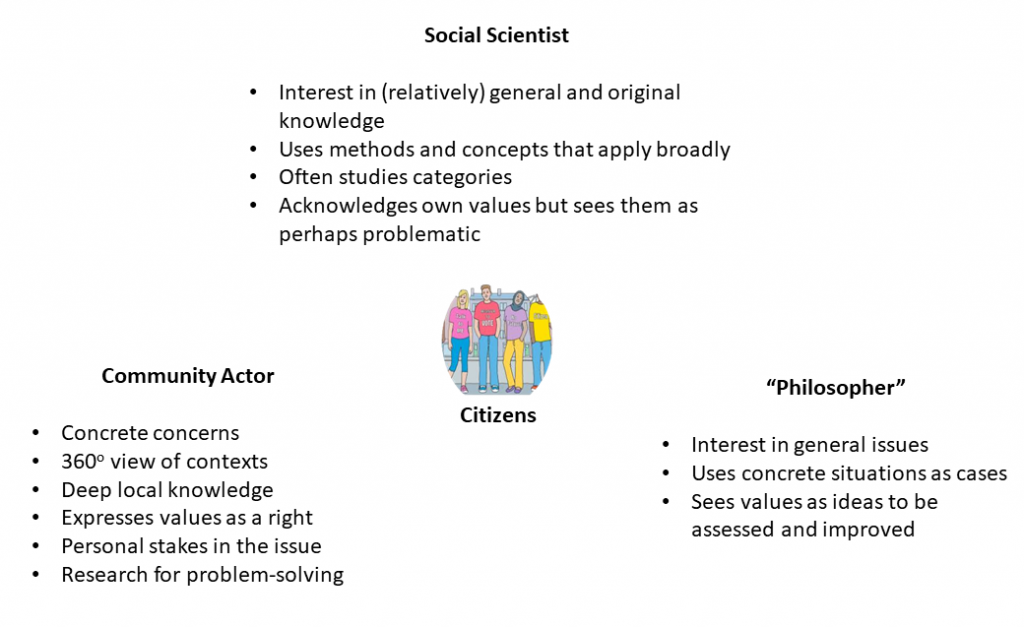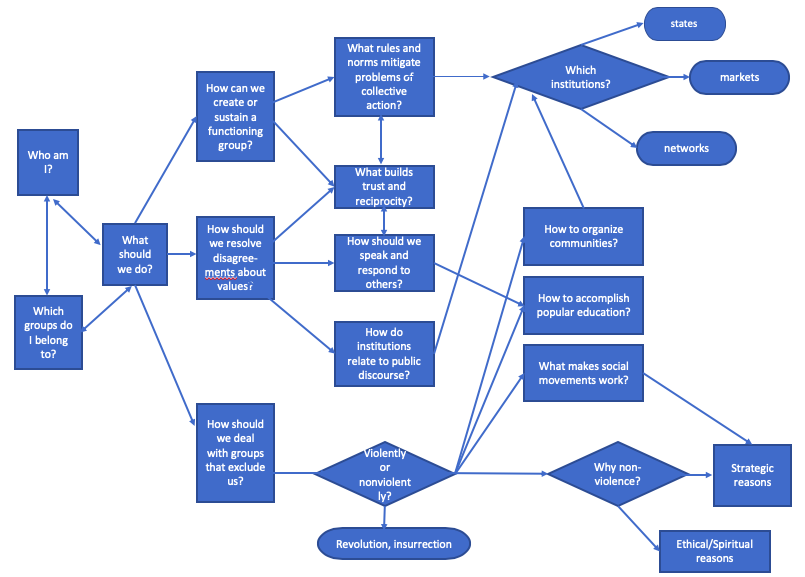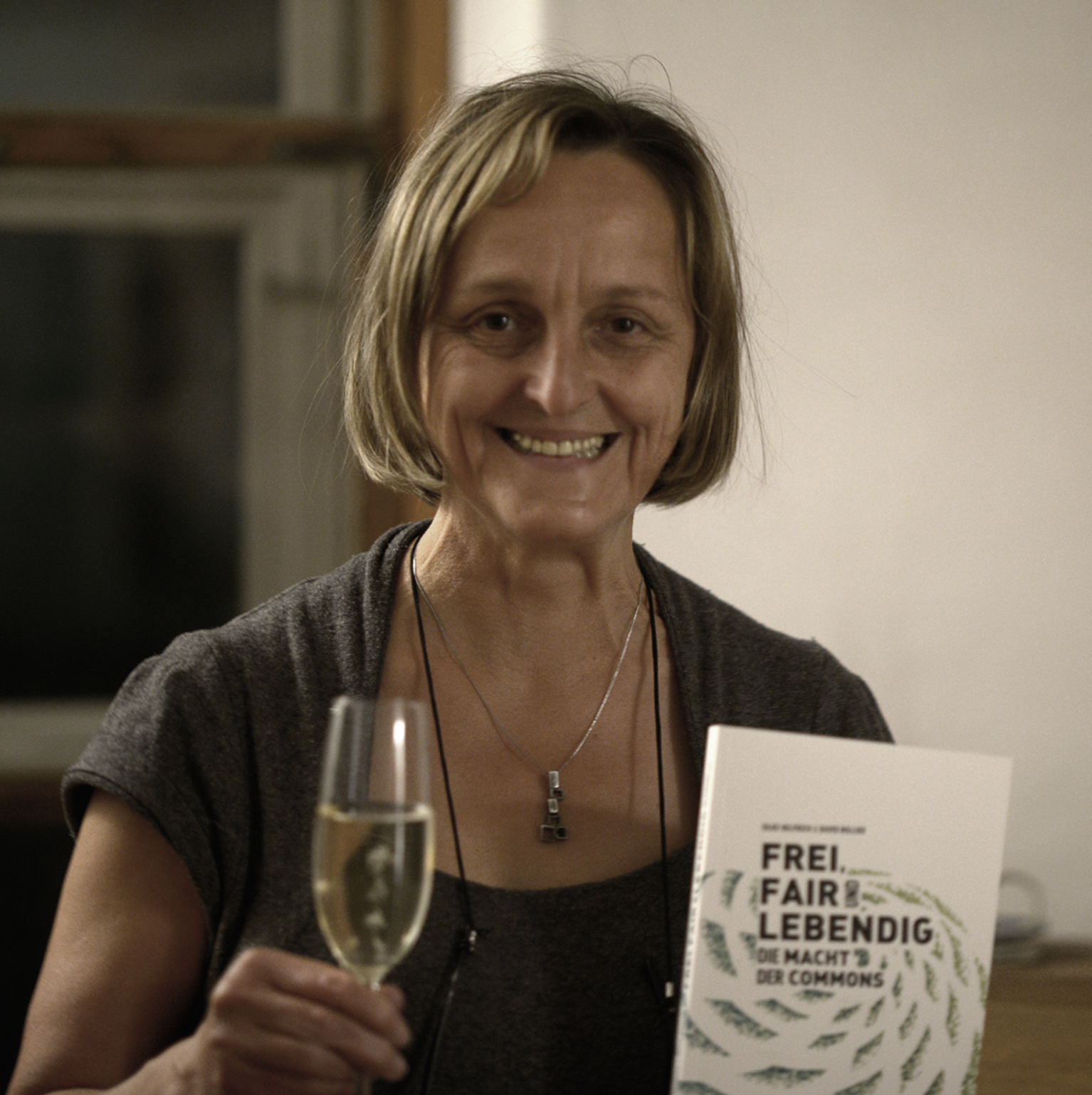I’m sure others have made this point or are typing it this minute, but I will pile on …
Notre-Dame de Paris is a stunning building but not a well-preserved medieval one. It has been through a lot, including the 18th-century removal of the original stained glass in the nave, the smashing of statuary and most of the remaining glass during the French Revolution, and a profound reconstruction that began in 1844. Some of the most famous features of the cathedral are the work of Eugène Viollet-le-Duc, a Romantic-era restorer who was comfortable redesigning medieval buildings in ways that are now obvious to us. The gargoyles, the spire that collapsed yesterday, portions of the interior architecture, and much of the stained glass is by Viollet-le-Duc, not by anonymous craftsmen of the 12th and 13th centuries. Many other Gothic buildings are much better preserved.
John Ruskin wrote in 1849 (not specifically about Notre-Dame but about the general approach to restoration in his time):
Neither the public, nor those who are responsible for the maintenance of public monuments, understand the true meaning of ‘restoration’. It signifies the most complete destruction that an edifice can suffer; a destruction from which not a single vestige can be recovered; a destruction that comes from the false description of the thing destroyed. It is impossible, as impossible as it is to bring the dead back to life, to restore whatever might have been grand or beautiful in architecture….the enterprise is a lie from the beginning to the end.
Notre-Dame is not a “lie,” but it is to a large degree a legacy of the French Romantic period, as much a creation of Victor Hugo and Viollet-le-Duc as of the first builders in 1160-1260. It is part of the city that we know today, which was profoundly influenced by Georges-Eugène Haussmann (1809-1891), the flattener of ancient neighborhoods and planner of boulevards:
Old Paris is gone (no human heart
changes half so fast as a city’s face) …
There used to be a poultry market here,
and one cold morning … I saw
a swan that had broken out of its cage,
webbed feet clumsy on the cobblestones,
white feathers dragging through uneven ruts,
and obstinately pecking at the drains …
Paris changes … but in sadness like mine
nothing stirs—new buildings, old
neighbourhoods turn to allegory,and memories weigh more than stone
From Richard Howard’s translation of Baudelaire, Les Fleurs du Mal
It is not a criticism to place Notre-Dame in the 19th century. The years from 1848-1870 mark the apogee of a certain Parisian culture that is admirable and attractive. It was the age of boulevards and cafes, Seine embankments, and Impressionist cityscapes, all of which shape our view of Notre-Dame. The reason the history matters is that we can reconstruct late-19th-century buildings when they are well documented, as every stone of Notre-Dame is. In contrast, we would have neither the materials nor the craftsmanship to reconstruct the stained glass of the nearby Sainte-Chapelle if that were lost.
The fire is a tragedy; the crown jewel of 19th-century Paris will be badly damaged for some time. But in the long run, this will be a footnote.
See also: seeing Paris in chronological order; Paris from the moon; and Basilica of Notre-Dame, Montreal.

 The Courageous Leadership Project helps people find their inner leader so they can have brave honest conversations and find solutions to the challenges they face in their lives, organizations, and communities. They offer several training opportunities to strengthen skills around having more challenging conversations and learning about the IAP2 Strategies for Public Opposition & Outrage in Public Participation.
The Courageous Leadership Project helps people find their inner leader so they can have brave honest conversations and find solutions to the challenges they face in their lives, organizations, and communities. They offer several training opportunities to strengthen skills around having more challenging conversations and learning about the IAP2 Strategies for Public Opposition & Outrage in Public Participation. about the challenges they face to find solutions – together.
about the challenges they face to find solutions – together. 


